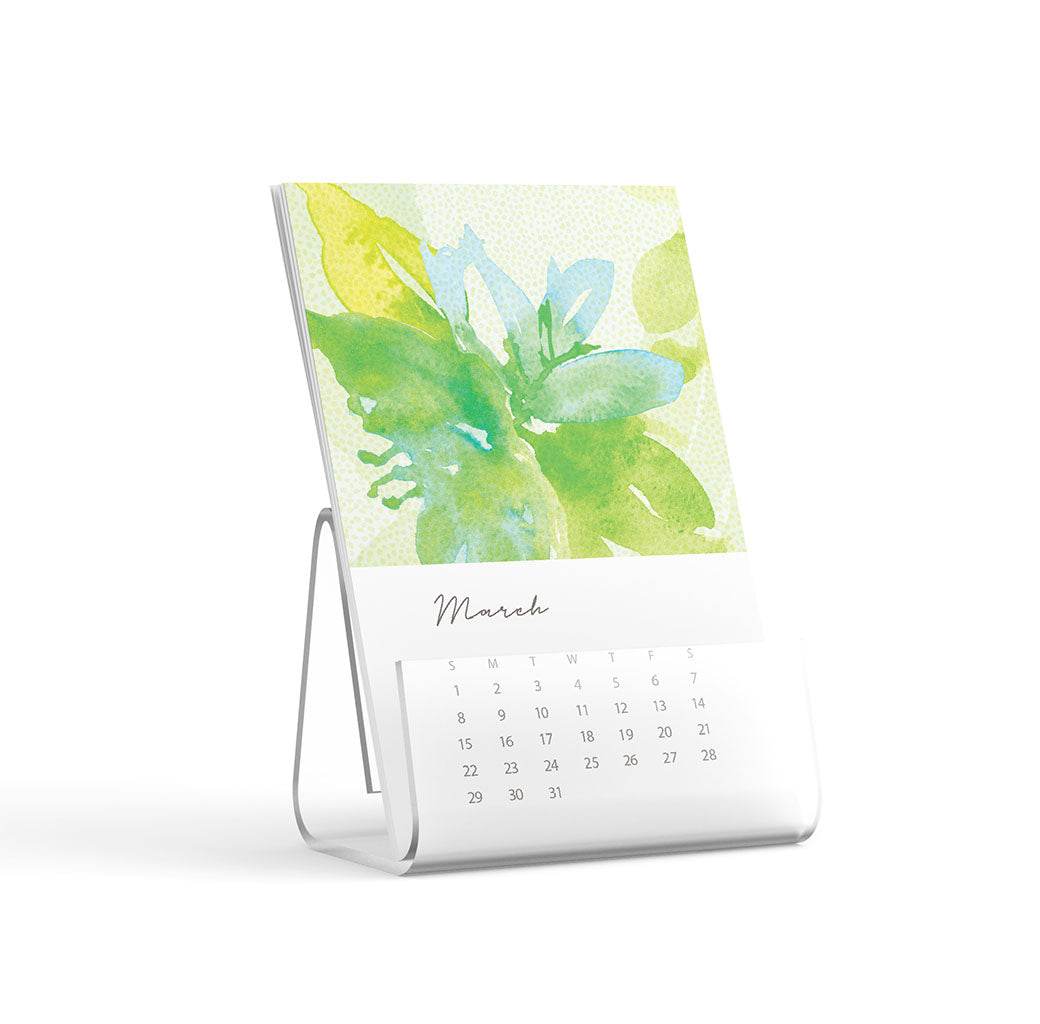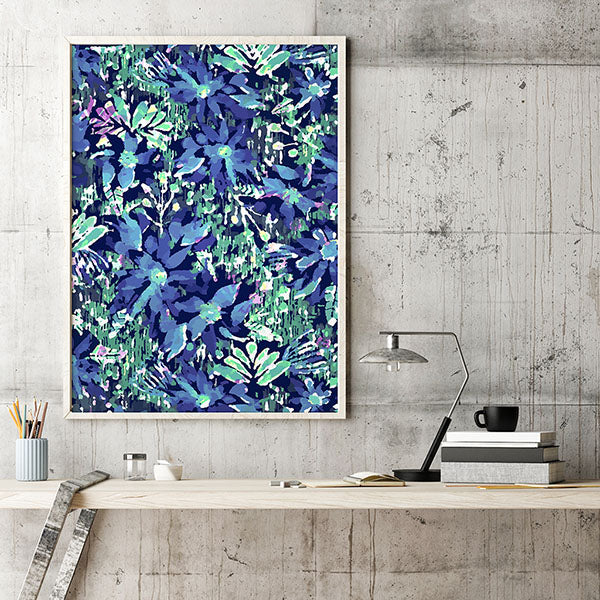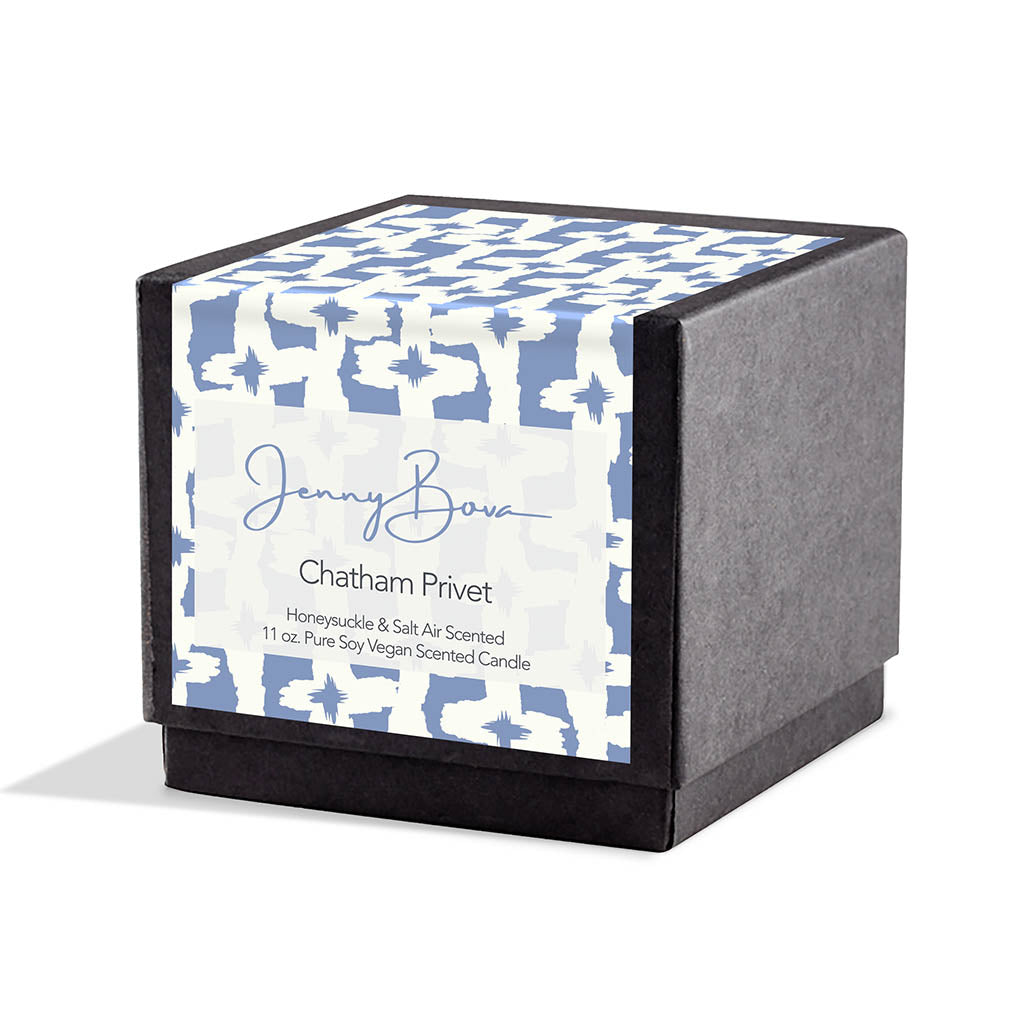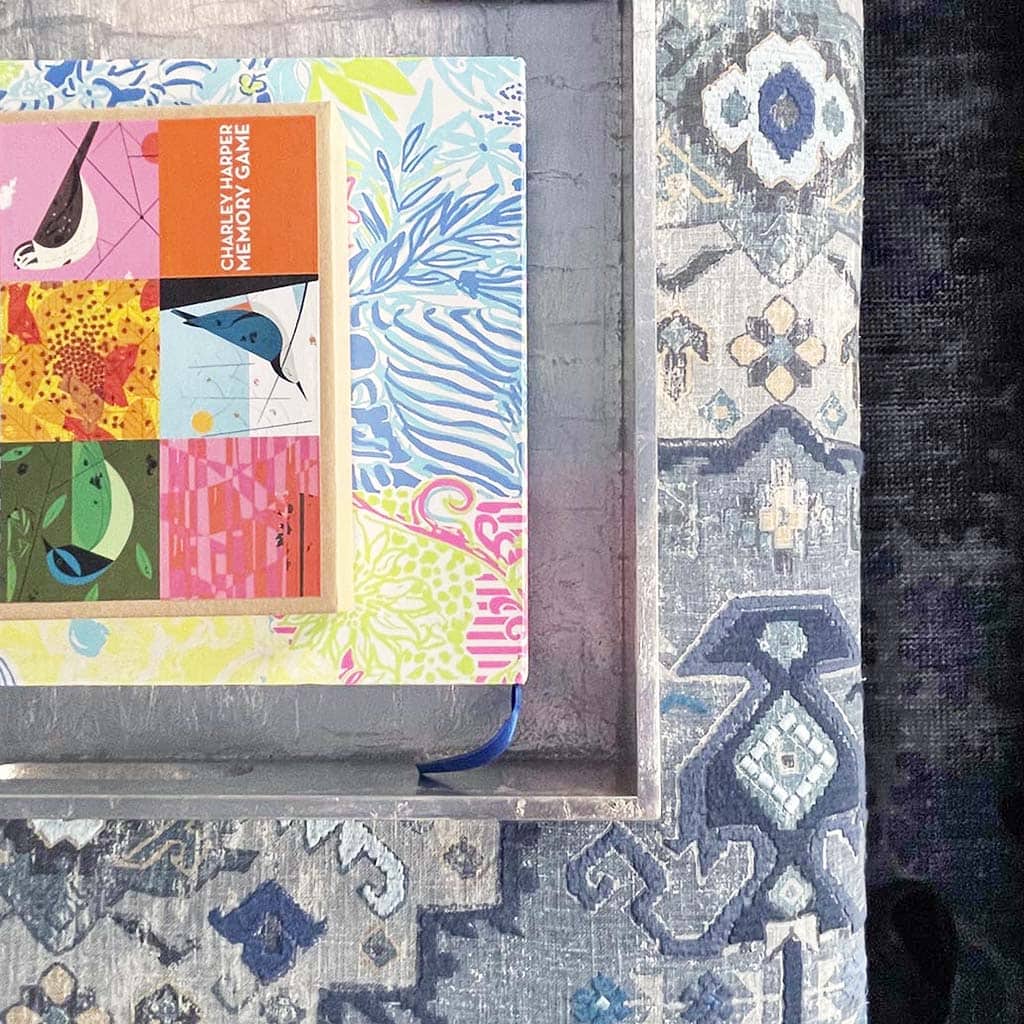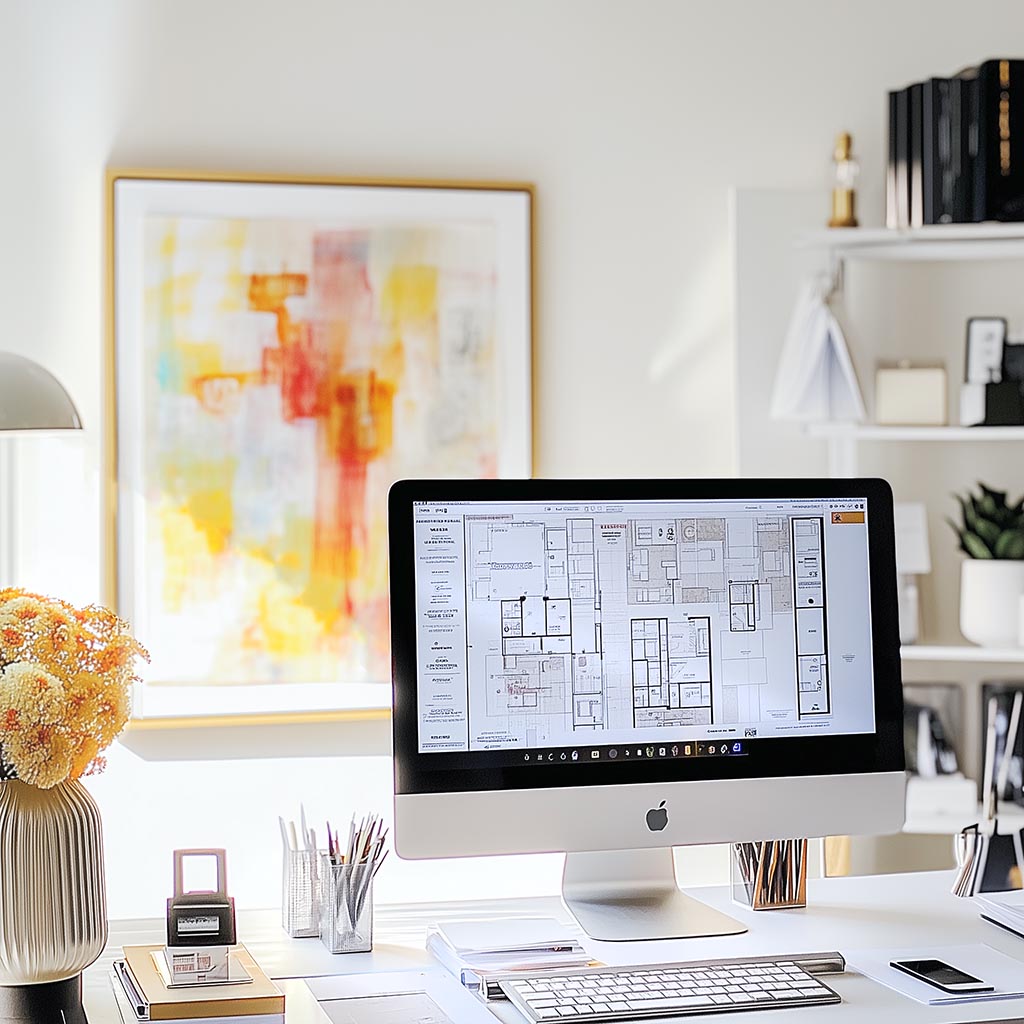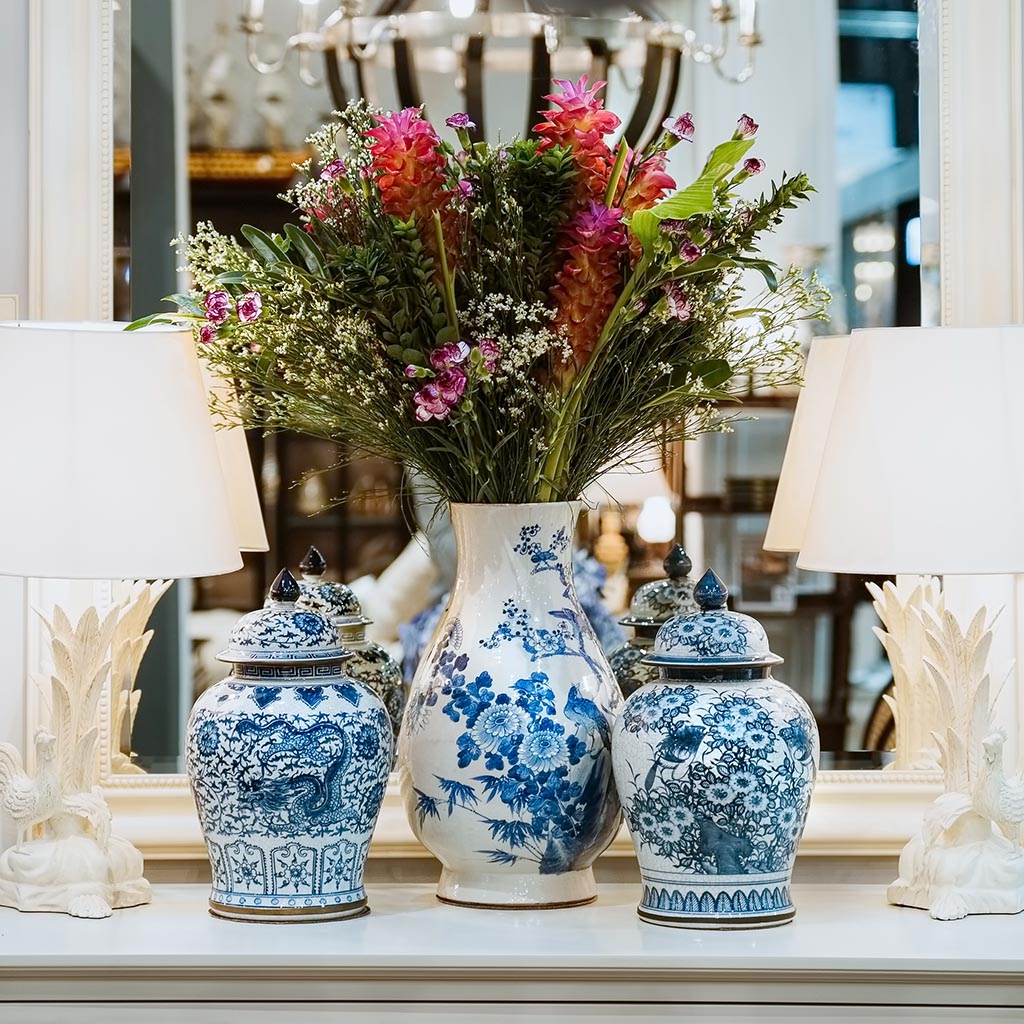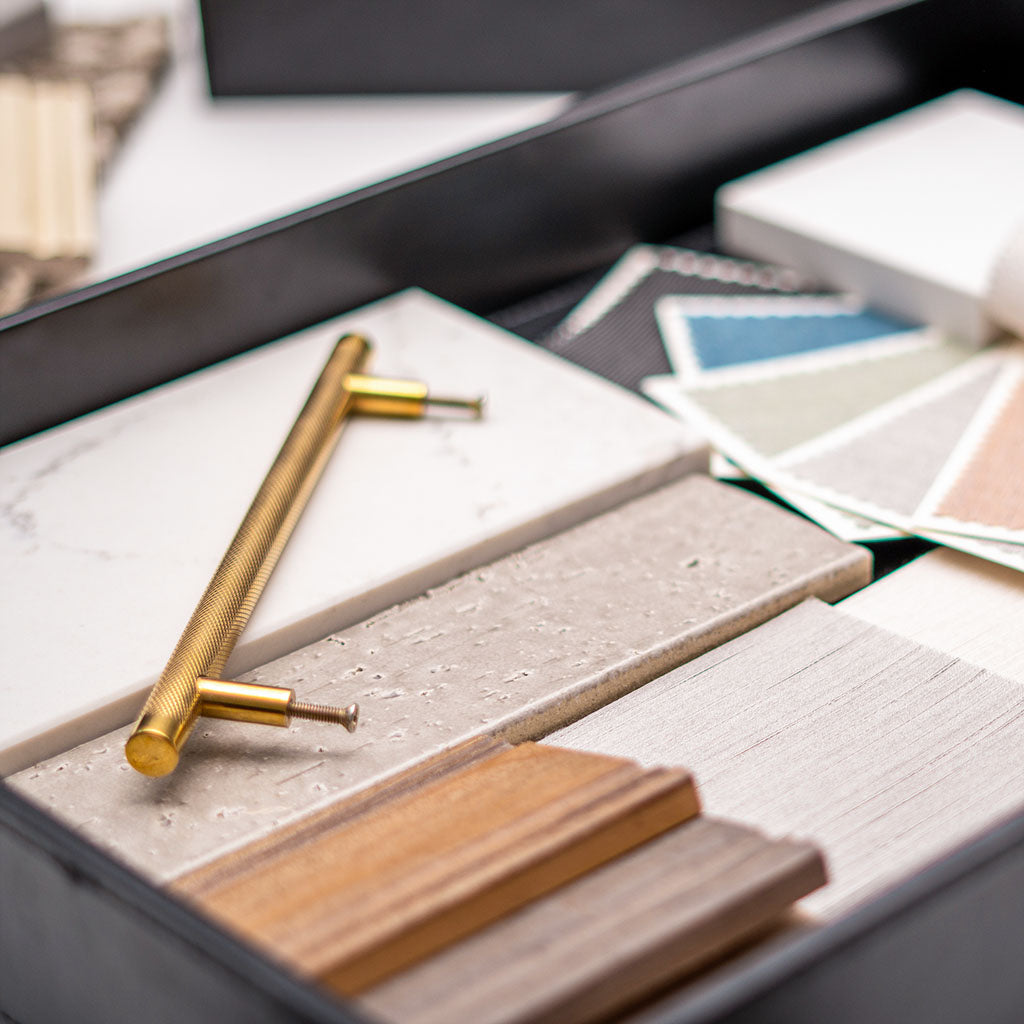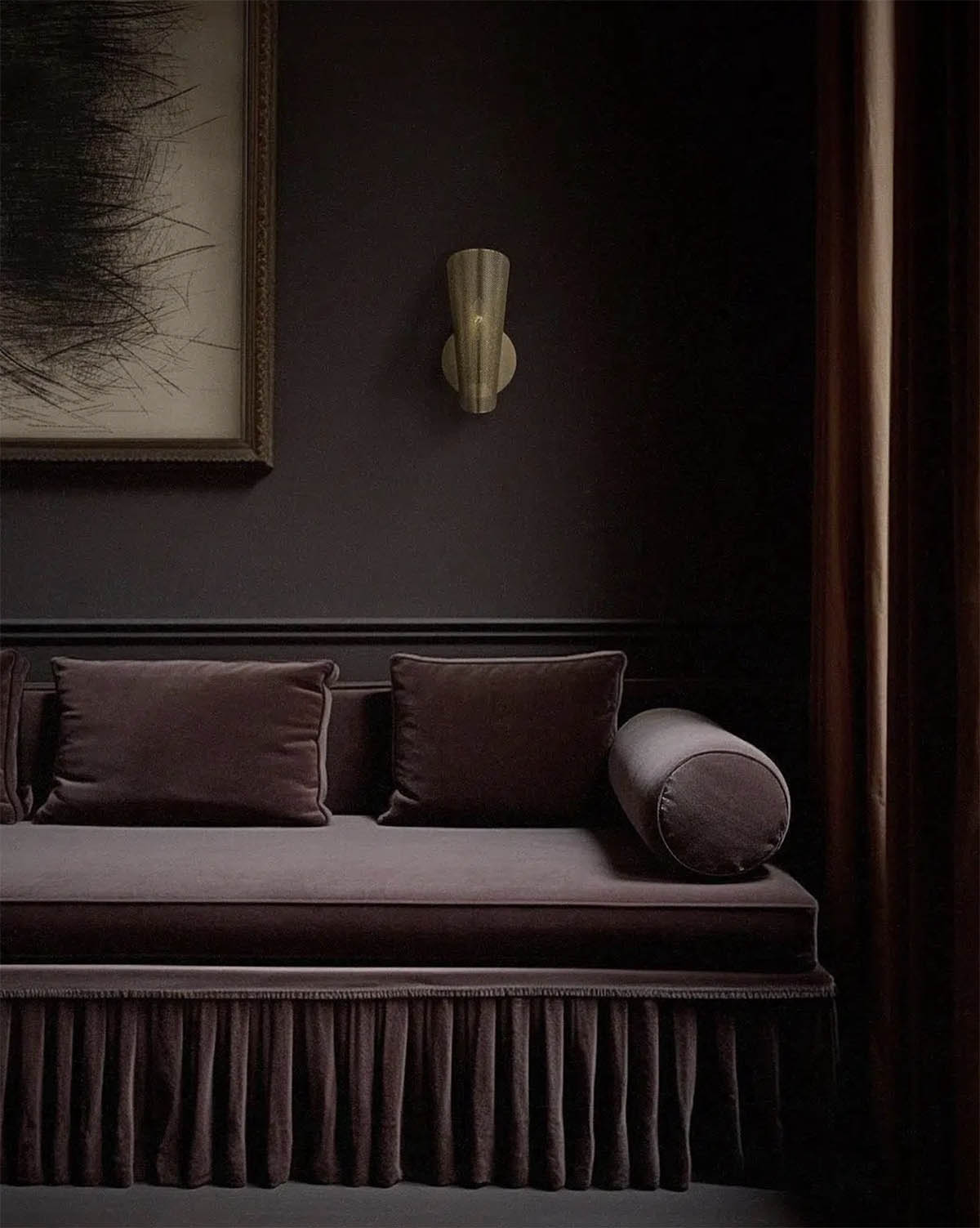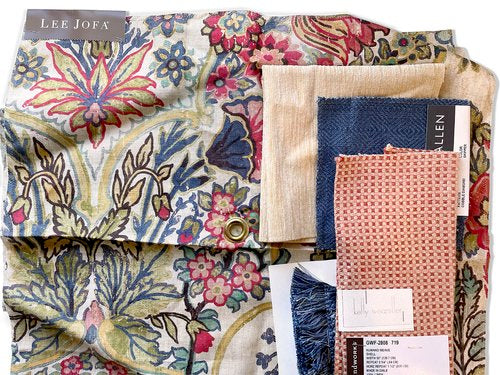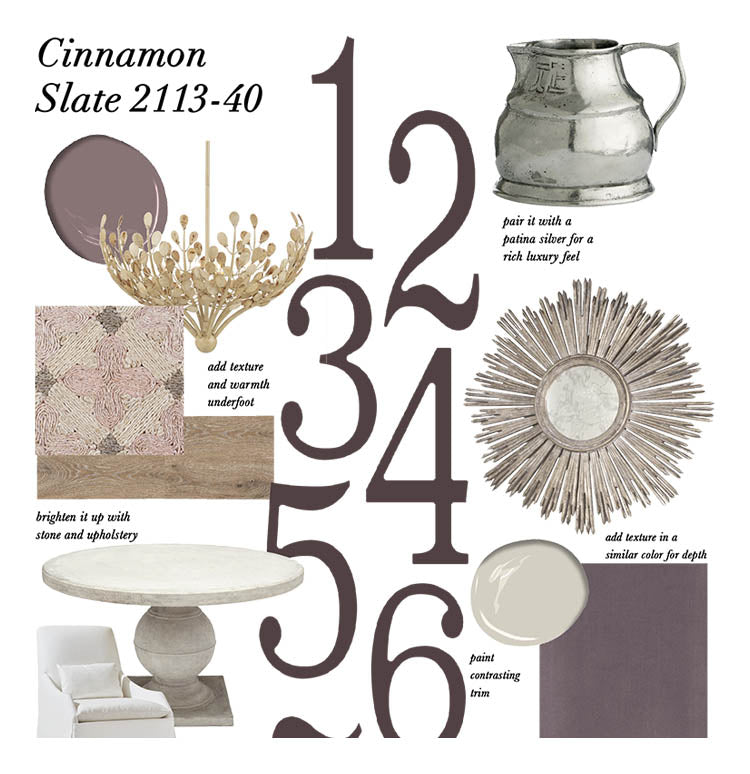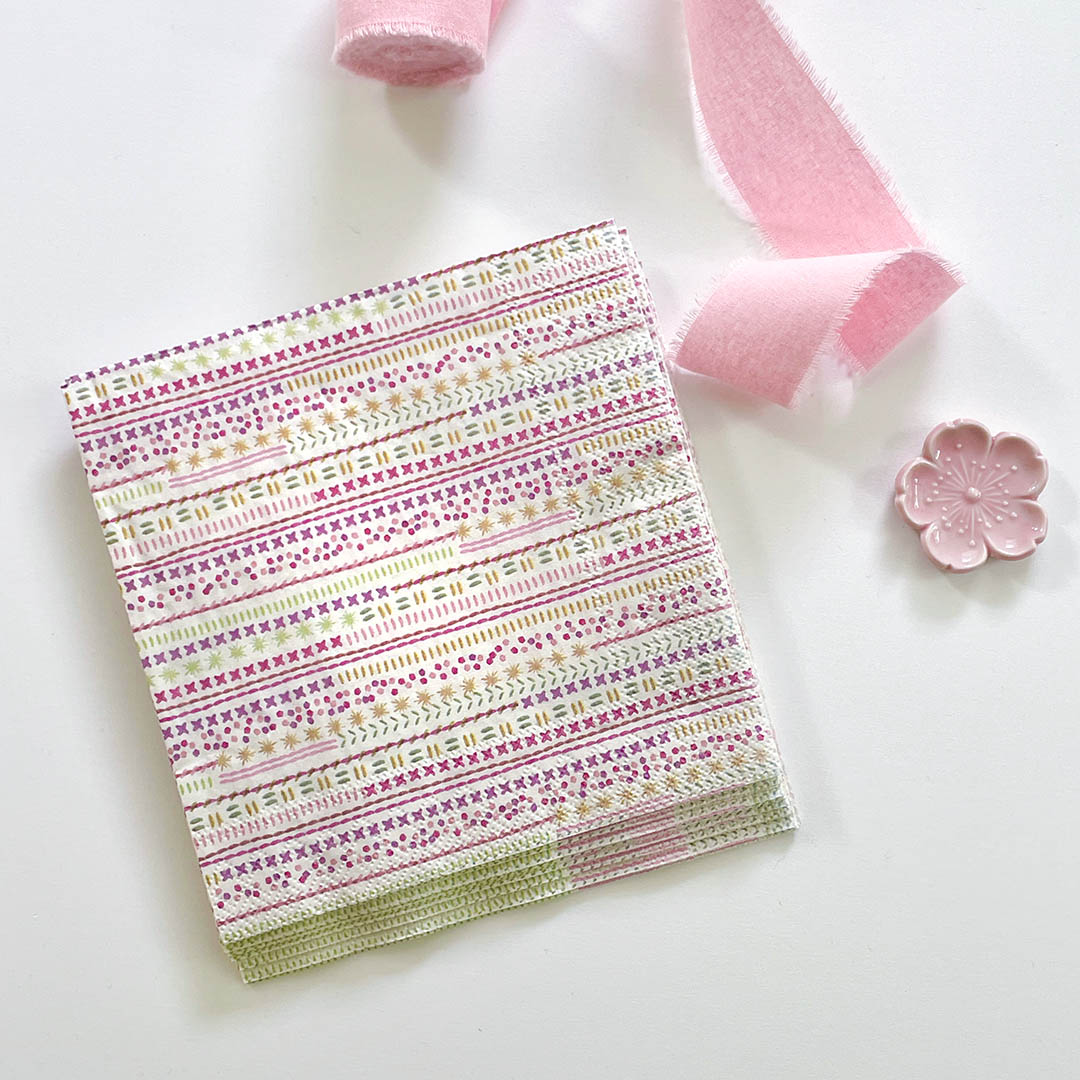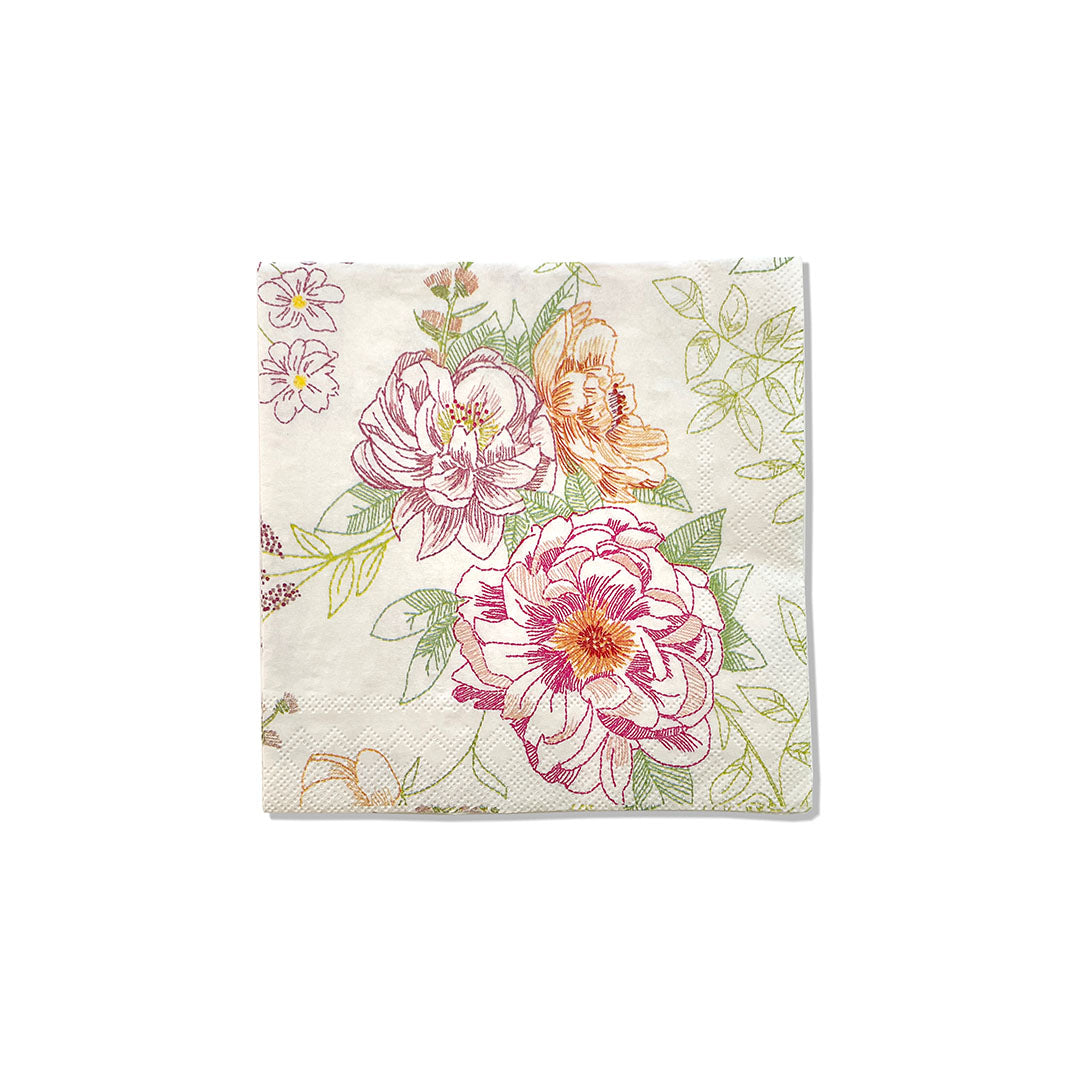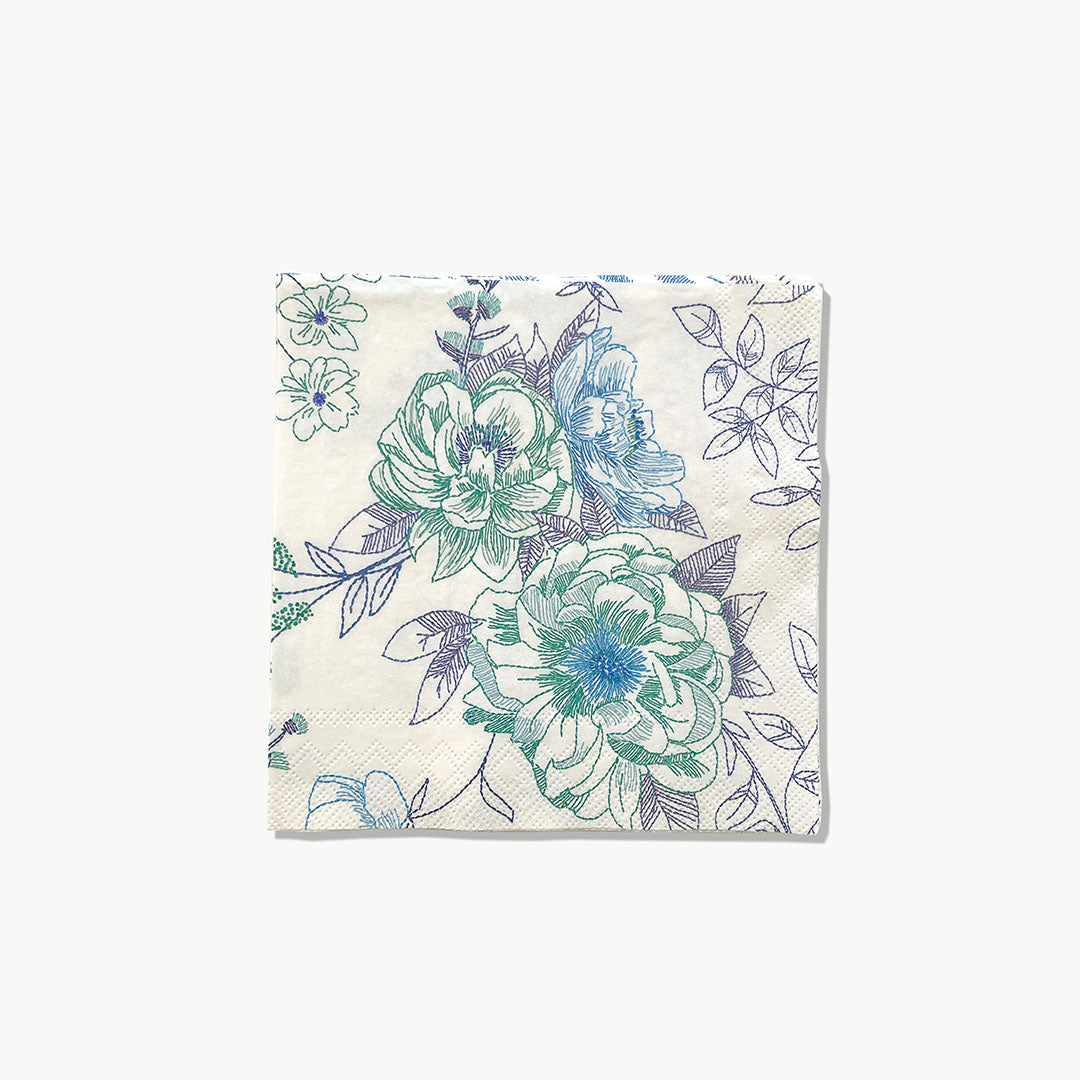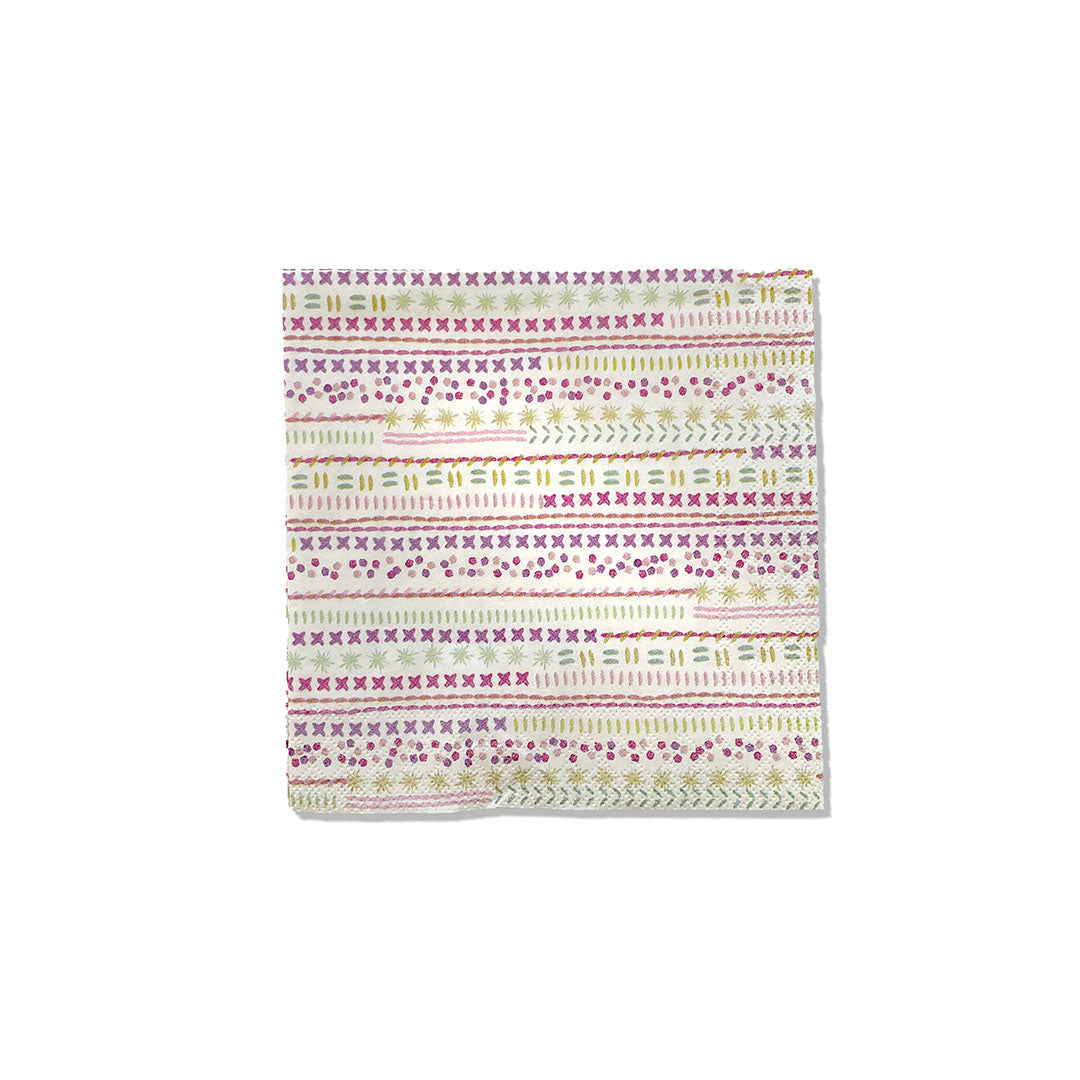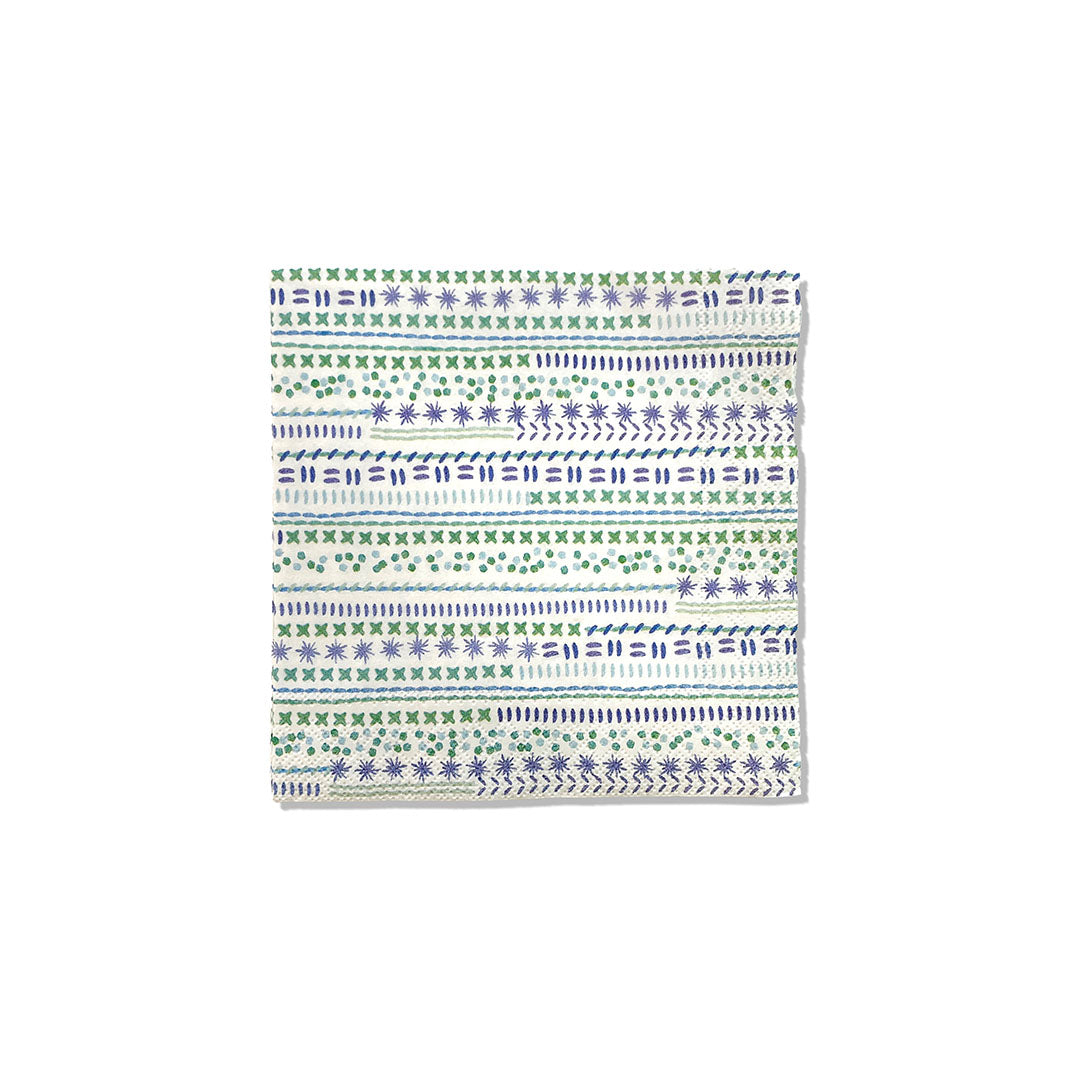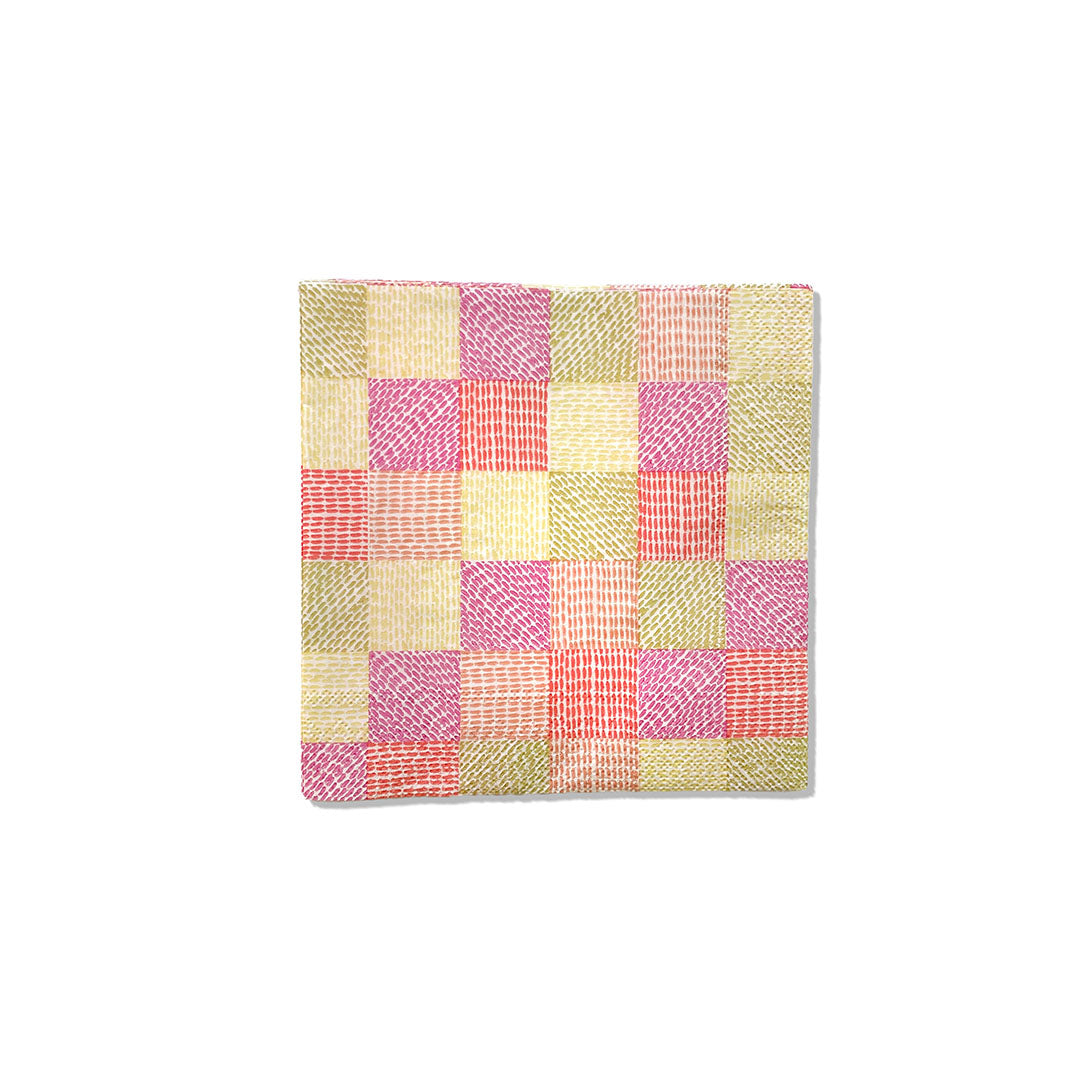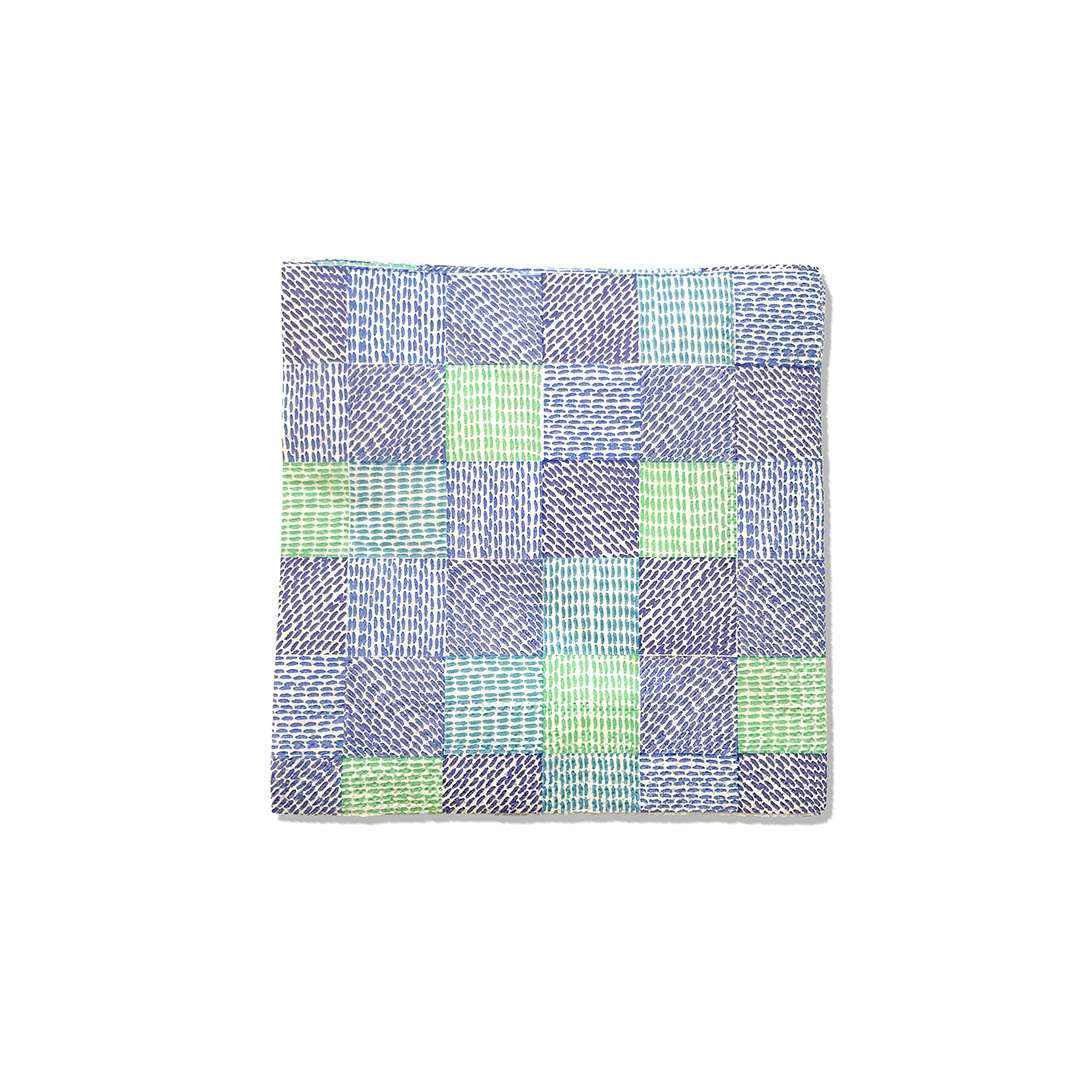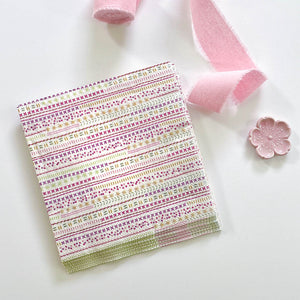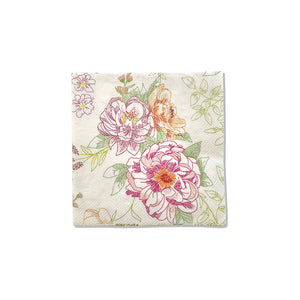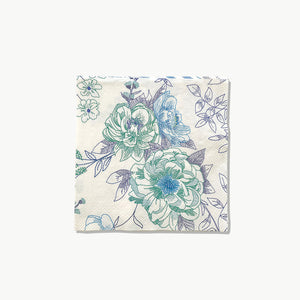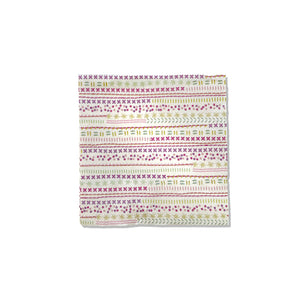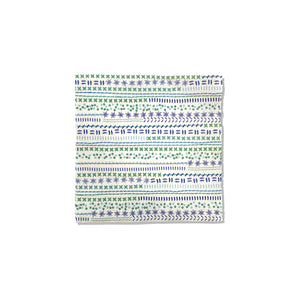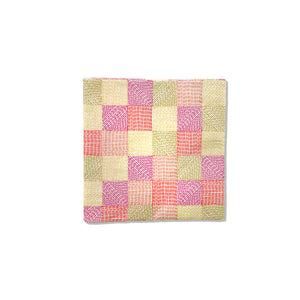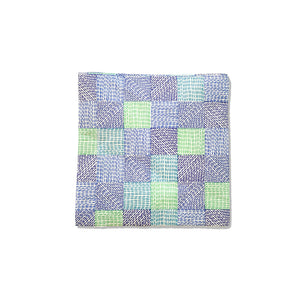"Beat your intellect before it has a chance to step on your talent."
I studied art in college and design in grad school. My instructors at Pratt (grad school) were super passionate about product design and teaching us the fundamentals of design. We had Abstract Visual Relationships classes for at least a year doing things like making connecting curves out of wire soldered to a base, carving plaster forms, arranging 3 blocks of wood on a base, and other exercises that sound simple but are not easy to accomplish well.
These somewhat esoteric exercises were based on the teachings of former Pratt instructor Rowena Reed Kostellow, who is a legend in the halls at Pratt. In fact, there is a book written by Gail Greet Hannah called Elements of Design about the teachings of Rowena Reed Kostellow, should you want to know more.

I was a little too late to be taught by Ms. Kostellow, but was instead taught by one of her students, Gina Caspi. It’s quite possible that this quote was derived from one of Gina's lectures, where she often shared the mindset of Rowena.
When you are in the midst of it, creating something somewhat technical and clear, “3 wire curves soldered together and attached to a base,” you start to think a little bit too hard. You think too much about which curve you should make next instead of feeling what the work tells you. Doing this exercise correctly meant combining technical skills and listening to your soul, for lack of a better description. You simply had to put your analytical brain away until it was time for the critique.
Above is an example of the wire problem from Gail Greet Hannah's Book, Elements of Design. Below is a great quote from Gina Caspi.
That wire problem still haunts me in my dreams (nightmares?), but I’m much better at cutting curves and analyzing shapes because of it. They didn't just want wire attached to a wooden base, they wanted those curves joined together with grace, movement, and a point of view. (Yes, you read that correctly.) It was a major challenge at the time, but having critiques on my own work and listening to the critiques given to my classmates taught me a lot about how to see and design. Even more, they taught me how to beat my intellect and get out of my own way so the good could shine through.

Above are my notes from way back then. You can read the other stuff on the page and chuckle. My notes were not about anything technical whatsoever. All about mindset. My husband, Clint, who went to art school as well, says it in a little bit more direct way. “Get stupid.” You must let go of your analytical brain and step into a place where you trust yourself and your instinct. The idea behind doing the same kinds of exercises repeatedly was to get exceptionally comfortable making these decisions without overanalyzing them. Gina used to say, “these are the tools you keep in your back pocket and call upon without even thinking. It comes naturally”. You can take this practice to any creative endeavor, as I’ve learned over the years.
I truly think this is the most important thing I learned in art school: Beat your intellect before it has a chance to step on your talent. Turn your brain off. Get stupid. Feel it, don’t overthink it.


